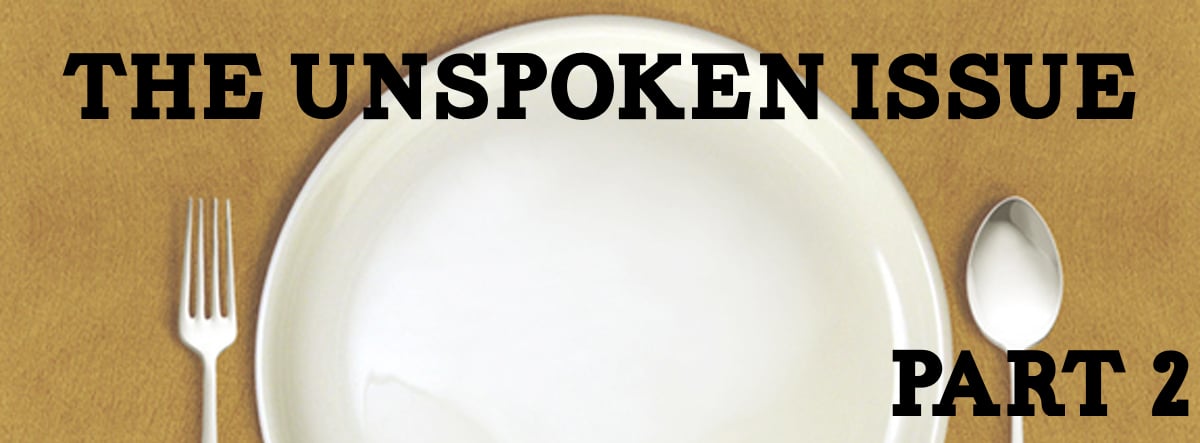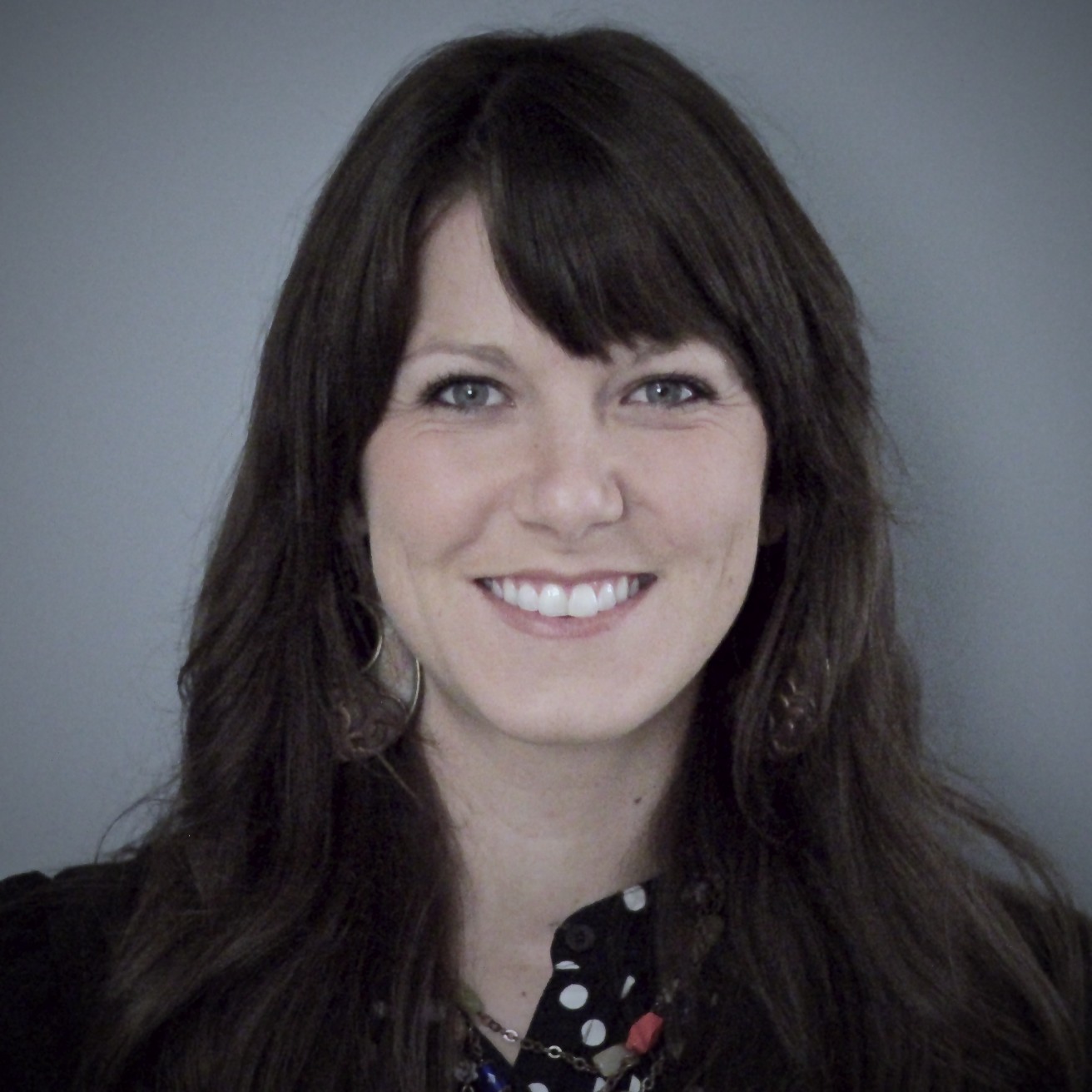In the first blog, we discussed a preliminary inner thought process of someone with an eating disorder. We will discover what an eating disorder actually is and define different disorders. Eating disorders include extreme thoughts, behaviors and emotions about eating, weight, food, and body type, shape, and build. Eating disorders are characterized by abnormal or disturbed eating patterns. They can be life-threatening and are very serious emotionally and physically.
There are different eating disorders: Anorexia Nervosa (AN), Bulimia Nervosa (BN), Binge-eating Disorder (BED), and Eating Disorder Not Otherwise Specified (EDNOS).
Anorexia Nervosa is characterized by restriction in eating, self-starvation, excessive weight loss, an extreme fear of becoming overweight, loss of menstruation, and an unhealthy concern with weight and body image.
Bulimia Nervosa is characterized by binging on foods and purging. Binge-eating is eating an excessive amount of food in a short period of time. Binging produces an “out of control” experience for the person with bulimia. After binging, the person purges, which can include self-induced vomiting, the use of laxatives, diuretics, diet pills, exercising excessively, fasting, and other forms. Like anorexia, there is an unhealthy concern with weight and body image.
Binge Eating Disorder is characterized by binging on foods, but there is no purging process to the cycle. The person will excessively overeat, but not purge after every binging episode. Yet, the person may fast or be known for always being on a diet.
Eating Disorder NOS is a diagnosis for those that have an eating disorder, but do not meet the entire diagnostic criteria for AN or BN. For example, someone with all of the criteria of AN, yet still has menstruation or someone who purges without binging.
Eating disorders are difficult to live with and also difficult to work through. But, there is freedom from these disorders. Psychotherapy and a tailored team approach (medical, dietitian, etc.) is the most helpful form of treatment for eating disorders. If you feel overwhelmed or stuck in an eating disorder, seek treatment to find that freedom from what is controlling you.
Find out more information on particular eating disorders here: http://www.nationaleatingdisorders.org.
Kristi Clements
Licensed Professional Counselor Intern View More Posts »
More about Kristi »


